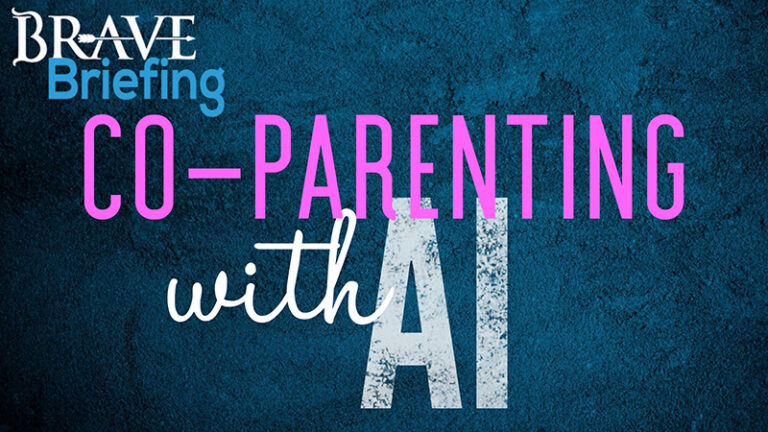I often hear parents and news articles refer to monitoring their child’s phone as “spying.” Most often this is referred to in a negative light, “I don’t feel right spying on my kids to see what they’re doing on-line.”
While the definition of the word spying can mean (1)to observe secretively, which certainly can feel violating, spying is also defined as (2) to be on lookout or (3) to search or examine closely.
They key to all 3 definitions of spying is its description as an intentional action which requires effort.
Perhaps we view spying only as negative because, as a society, we watch too many movies where spying frequently involves death – or near death experiences – along with a barrage of violence and gluttony. In our real world, we do not drop from ceilings in order to snatch our kids’ phones away while they sleep. Then, after we discover their hidden secrets and sin we rejoice in our findings with alcohol and sex. Come on now, we are not James Bond or Ethan Hunt – we are parents.
Let’s be very clear about our role as parents. We are charged by God to raise our children in the way they should go: to keep the commandments and to seek wisdom and understanding. We are not asked to take on the role of a double agent: washer of laundry by day, media spy by night. There is zero deception in a parent’s intention to watch over their children. As parents, we carry no weapons to cause harm or malice in order to condemn our children.
Sure, spying in secret can lead to hurting someone, betraying trust, and destroying a relationship. Conversely, spying when done openly – as a lookout – can be a source of protection and accountability.
Take, for example, a group of young toddlers playing. As a parent, you vigilantly keep your eye on them, ensuring no one is swallowing Legos or wandering off into a dangerous area. Even if you get distracted, your eyes quickly return to ensure the toddlers are safe and are practicing what you’ve taught them.
Are you spying on your toddler? No, of course not!
You are on the lookout, keeping them safe and using opportunities of error or wrongdoing to teach them right from wrong. No caring parent lets a toddler walk into a busy street claiming, “I trust them and don’t want to invade their privacy!”
Why then, do parents believe a 13 year old with a phone should be completely trusted and have a right to privacy?
Like the toddler learns it is wrong to wander into the street, a 13 year old must learn right from wrong on a phone and online. If they are walking straight toward disaster, who will steer them back onto the safe path if no one is keeping a lookout? Are we, as parents, turning back to our kids amidst our distracted lives to ensure they are safe and practicing what we have taught them?
Just as a swallowed Lego could cause permanent damage, equally a pornography addiction could as well . If we aren’t spying – as in, to be on the lookout and searching or examining closely – will we catch the harmful behavior early enough? Will we redirect the activity before damage is done?
Parents, I implore you to discard the notion that monitoring is spying. Likewise, please know monitoring is NOT an extension of helicopter or lawnmowing parenting styles which refuse to release children into the world on their own. Instead, know this:
Monitoring is the intentional effort parents put forth to keep a lookout for where their children are headed and to bring them back to the right path if they stray.
Children of all ages need monitoring regardless of how they engage their time but even more so in our smart phone society where they hold instant and unlimited access to the world in the palm of their hand.
Character is not developed without accountability.
Just as a toddler looks back at their parent mentally questioning, “is this right? will I get away with this?” so your teenager looks back for your approval. The question is, do you see them? Or have your eyes adverted in order to protect their privacy?
Your Next Steps:
1. Tell your children you will be checking their phone, devices, or computers periodically to make sure their online character is true to who they are and who God desires them to be. Explain your desire to correct and equip not to condemn and punish.
2. Make time to “search and examine closely.” It will take time and energy but know it is an invaluable investment into who your children will become. Just as you put the time in watching when they were young, you must continue to do so. Smart phones and internet do not equal independence and maturity. When you find areas of unkindness, inappropriate behavior, or whatever your heart tells you has ‘gone astray,’ gently correct them. Show them a better way and guide them back to the right path.
3. Reflect on your own smart phone or internet habits and behavior. If someone was keeping a lookout for you, would they find anything that needs correction? Have you strayed into dangerous areas and need to be brought back to the right path?












